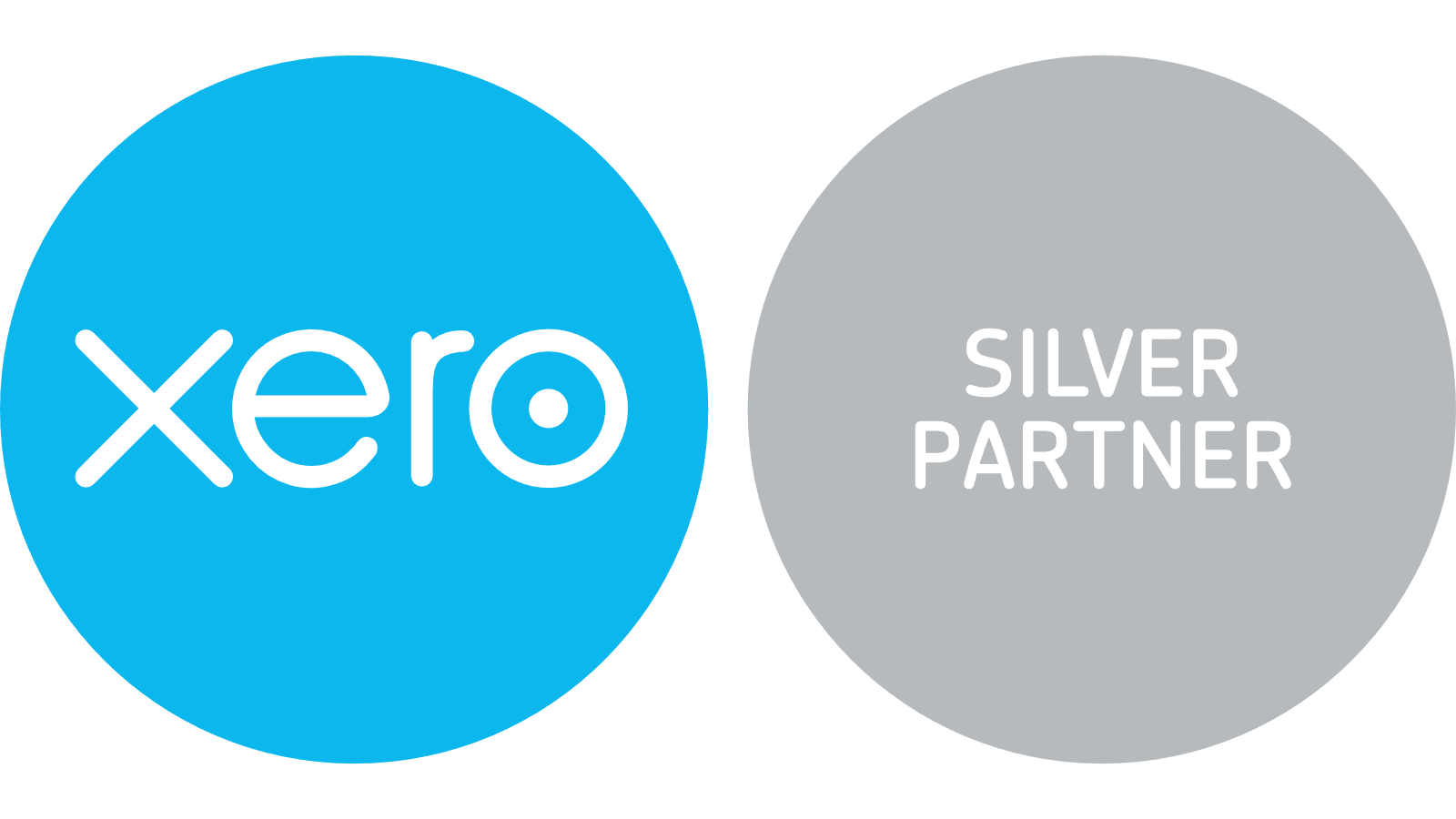Gregory Accountants West Lothian provide useful insights for business startups
Starting a new business is exciting and daunting at the same time. You probably have a fantastic idea for a product or service, and a million little ideas spinning around in your head. Great! But what do you need to do from a practical perspective to keep the tax man happy, keep your records straight and get support. Here are our top 10 tips, based on our experience as small business specialist accountants;
1. Write a business plan
Sorry to burst your creative bubble but we think it is key to get your business plan down on paper. You can use a formal template, paper napkins, a shiny new notebook or even colourful Leonie Dawson workbook. Why? Well number one is to make sure your business idea works. It will help you work out how you are going to achieve your goals. It is a good exercise to see realistically how much you expect to earn and what cash you will need to keep you afloat in your first year. If you want to apply for funding, grants or a bank loan guess what you will be asked for? Yep, a business plan.
2. Price it right
Getting your pricing right is absolutely essential to business success. So how do you set your prices? You might think it is an exercise in using a complicated spreadsheet model, or checking out your competitors prices. Actually it is one of the 3 Ps of Marketing - price, product and position. Pricing should be about value. Work out who you can sell to - ideally a niche market. These are your ideal customers who will value what you offer and are willing to pay. Avoid discounting and setting prices too low as all you do is attract customers looking for a bargain, i.e. the ones who will move to someone cheaper.
3. Seek help
Make the most of assistance out there for start-ups! Business Gateway are a good starting point. For example, ff you are on job seekers allowance you may be eligible for the New Enterprise Allowance. You get paid £1,200 over 6 months and you get a mentor to help you with your business plan. Join your local Chamber of Commerce who may be able to provide you with a business mentor. Get networking and tap into the knowledge of those who have been there.
4. Choose your structure
Most people start out as a sole trader. They are simple to run. If your sales are below £79,000 for the year you can complete a shorter tax return so can probably complete the return yourself. Reasons for setting up as a Limited Company vary. The accounts and tax returns are more complicated, so you are likely to need an accountant to prepare this for you. There are rules you need to follow to take money out of the company, whereas you can just draw money out of your business as an when you like as a sole trader. So make sure you set up a Limited Company for the right reason. The tax advantages start at around £20,000 profit.
5. Register with HMRC
If you are self-employed tell HMRC that you have started trading as a sole trader. As soon as you start employing people register as an employer. When you sales go over £82,000 register for VAT. Don’t be fined for not complying!
6. Keep business separate
Set up a separate bank account for business. Only put business transactions through there as it makes it easier to account for your business. Keep a separate PayPal account for business too.
7. Set up a book keeping system.
Get a book keeping system organised from day one so you are in control. You can use a book, spreadsheet or accountancy system. Cloud based software is available, which are easy to use and you can access anywhere. We love Xero but there are a lot of other providers out there. Other popular options are Kashflow and Freeagent. Costs start around £5 per month + VAT. Most have a free trial period. If you don't want to do it yourself hire a bookkeeper to do it for you.
8. Get organised.
File your paper invoices, receipts, bank statements, insurance documents and correspondence from HMRC in a folder. Set up a Dropbox folder. Save any electronic documents in there so you can share the folder with your accountant.
9. Record your mileage.
If you don’t record it you can’t claim it. Get in the habit of recording your business mileage. Use an app, spreadsheet or diary. You can claim trips to clients, the bank, accountants, solicitors and business trips but NOT traveling from your home to work. You can claim for using your car, van, motorbike and your bicycle.
10. Put aside money for tax.
Once you earn a profit of over £8,112 you start paying National Insurance, and £10,600 for tax. Set up a savings account and put aside around 30% of your profits aside for tax. In your first year as a sole trader you will need to pay your tax by the 31stof January of the following year PLUS 50% in advance for the next year.
The information contained in this article is of a general nature and are intended only to provide an overview. They are not a substitute for professional advice and you are recommended to obtain specific professional advice before you take any action. No responsibility for loss occasioned by any person acting or refraining from action as a result of the information will be accepted by Gregory Accounting Services Ltd or its staff.


